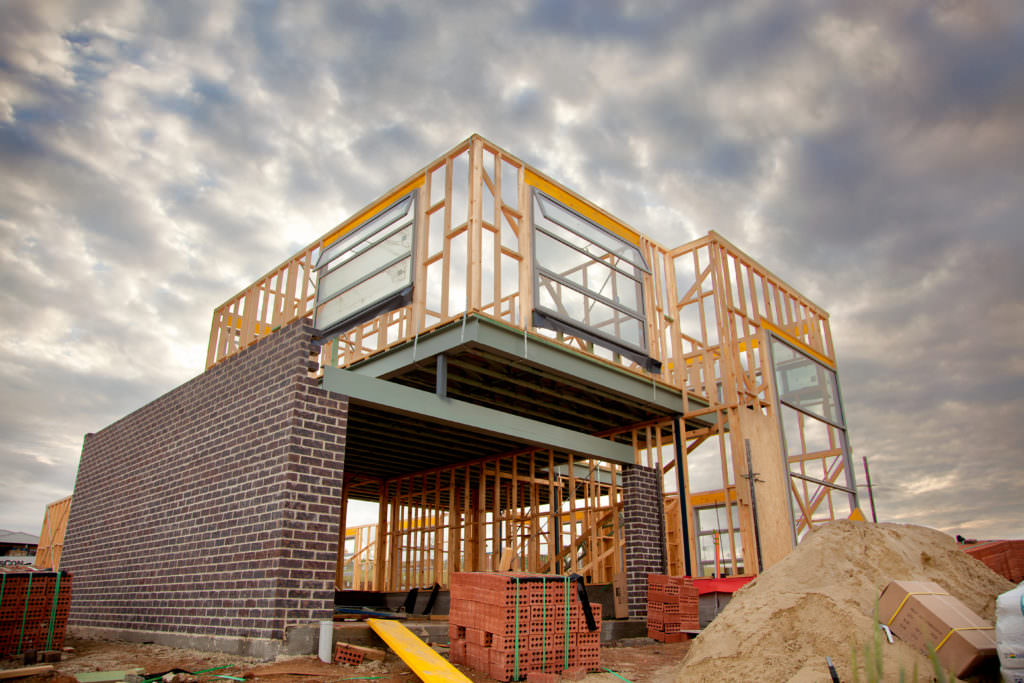C.R.S. § 13-80-104 is part of the Colorado Construction Defect Action Reform Act and sets forth time limitations within which suit must be brought against a construction professional for an improvement to real property. It includes a two-year statute of limitations (the time to bring suit after a defect is discovered or should have been discovered) and a six-year statute of repose (time to bring suit after substantial completion of the improvement to real property), which may be extended up to two years if the defect is discovered during the fifth or sixth year after substantial completion.
Erasing a wealth of Colorado appellate case law, on February 27, 2017, the Colorado Supreme Court ruled a provision of C.R.S. § 13-80-104, which allows a construction professional to bring claims against third-parties within 90 days of final judgment or settlement, applies not only to the two-year statute of limitations, but also to the six-year statute of repose. A negative outcome of this ruling is that third-parties, including subcontractors and subconsultants, will now be subject to construction defect liability well after the 6-year statute of repose for a potentially limitless time period. Prior to this ruling, general contractors would often sue all subcontractors who touched a project to prevent the potential expiration of the statute of repose before determining whether they were a proper party to a lawsuit or not. On the positive side, the Colorado Supreme Court’s ruling should stop “shot-gun” style litigation, allowing construction professionals time to determine which third-parties should be in a lawsuit before bringing claims against them.

